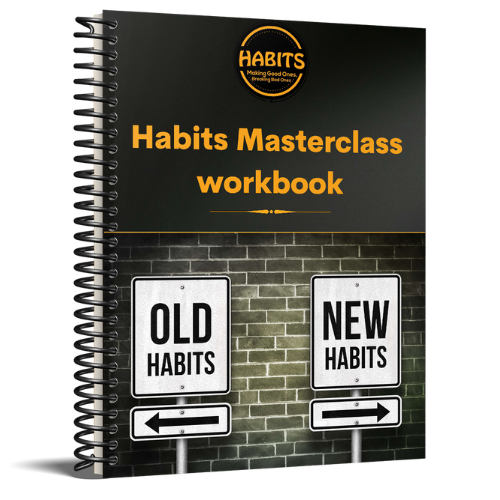Emotional Health Family Guest Follow-up Leadership Ministry Volunteers outreach Pastoral Burnout Personal Productivity preaching Systems
Free Video Pastor Coaching Group
I’ve been silent for quite some time on this blog. It’s been quite a journey over the last 9 months, a journey mostly covered in sheetrock dust. My family, with all 7 kids, lived in a 3 bed, 1 full bath parsonage of about 1100 sq. ft. for the last 15 years. (OK, we didn’t have […]










